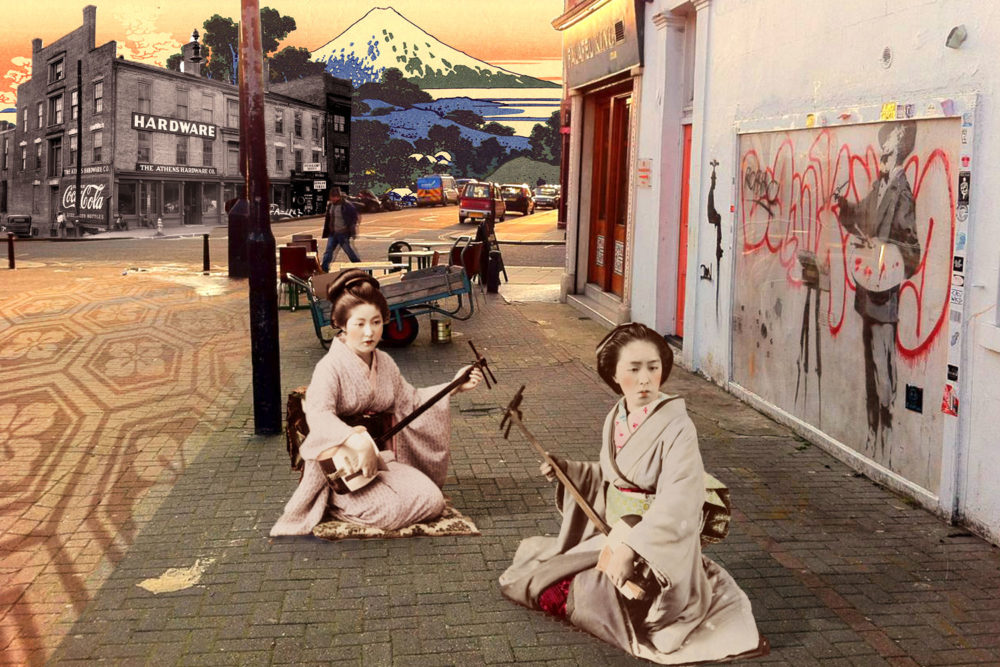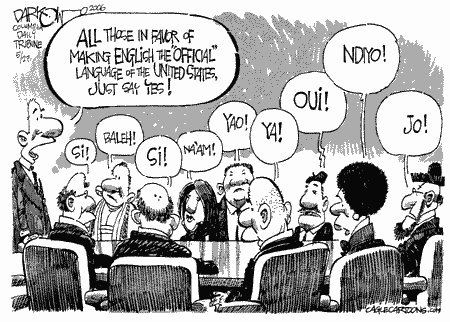
In Media Res: Teaching English in Japan
There were many things I didn’t quite grasp before I came to Japan. Upon accepting my work contract, I made an agreement with myself to seek out culture, language, experience, and most of all, an adventure to swell my understanding of the world. I wanted to know more. My own naivety aggravated me. I wanted to know the “me” of my dreams: The worldly woman who knows multiple languages and has friends in different countries.
But no one tells you about what you must struggle through and battle against to get to that understanding and wisdom. People tell their stories, but you never see the struggle on their face. You always see the person after the adventure.
Well, I am currently mid-adventure – in media res. Welcome.
In my case, a mid-point is actually quite useful. I can somewhat predict how I will feel in the future as well as remember how I felt in the past.
Here are a few things I’ve discovered:
Language is everything
Language becomes the most important factor that determines your quality of life. If you are not fluent in that country’s language and the majority of people do not speak English (or your native tongue), you will feel very isolated. You might feel scared at times, and you might avoid going to the doctor, clinic, or any public place. You will also feel like a child. You will need everything translated and explained to you. You will need help doing things you could very easily do in your home country. Things may seem harder than they actually are. And you won’t really be able to make friends, unless that friend has an enormous amount of patience for translating back and forth. (If you find those people – keep them close! They are rare.) But there are good things, too. You have the chance to fully immerse yourself in the culture and language.
Communication stimulates my creativity
I realized that talking is a big part of my design process. Without being able to discuss methods, practices, ideas, and occasional jokes with my colleagues, I feel stifled. I’m not particularly extroverted, but I enjoy teamwork. And it’s no secret that it’s hard to work in a team when there is no effective communication (language barrier or not).
English is not superior to Japanese or any other language
But how do I get this message into my students’ heads? Or in Japan’s head?? Okay, technically English is the most dominate and powerful language in global industry and academia (aside from Chinese). I know this. That’s why I’m here. However, I resent the fact that my presence might make my students second guess themselves because their English is a little off. One thing I’ve arduously discovered is that as long as the meaning is understandable, then that’s perfectly sufficient. This is the ultimate purpose of language – to convey meaning. However, my job is to correct persecute all English offenders. I’m not a prescriptivist at all, so this is quite difficult for me at times. Especially since I am in a similar position as them – learning a language as best I can – except I wasn’t forced to take Japanese and I am not forced to take aptitude tests.
If you are a native English speaker, remember you are privileged
And if you are #white and #male, too, then you should really just feel on top of the world. But half-jokes aside, I have learned what it truly means to be a native English speaker. In America, you can’t really understand how powerful the language is. But now I realize just how prevalent English is, even in smaller countries like Thailand, South Korea, and Japan. I see English everywhere! I’m from Texas, so our first language is English (with a southern twang) and our second would definitely be Spanish (due to our large latino/latina population and the close proximity to Mexico). However, for smaller countries with a homogenous population, like Japan, the second language always seems to be English.
Empathy comes with struggle
There are a couple of types of empathy I’ve discovered since living here:
1 I now know how it feels to live in a 97% homogenous population and to be the only “foreigner” in a 30km radius. I’m not claiming to understand other ethnic or racial issues going on in other countries whatsoever, but I definitely can understand how it feels to be an outsider now. I stick out. A lot. And I get looks. And sometimes people avoid talking to me.
2 I also now understand what it feels like to not be fluent in the main language of the country I’m living in. I think back to my college days where I interacted with international students daily. I had many friends from different places and backgrounds. However, I do recall avoiding conversations at times because I thought they weren’t fluent in English. Wow. Looking back, I can’t believe I did that. I wasn’t intentionally being hurtful or standoffish, I just didn’t have empathy back then. I have definitely acquired more patience and understanding since then and appreciate those around me that help translate on a daily basis. I have also learned what it means to build a friendship/relationship that does not fully rely on verbal communication.
With all of this, are you wondering if it’s worth it? Is it worth the struggle?
In short, yes. It’s worth it. My personality might have changed a bit, I might have gone through a few mental and internal struggles along the way, but it’s made me a better and stronger person. And I wouldn’t trade this experience for anything.
